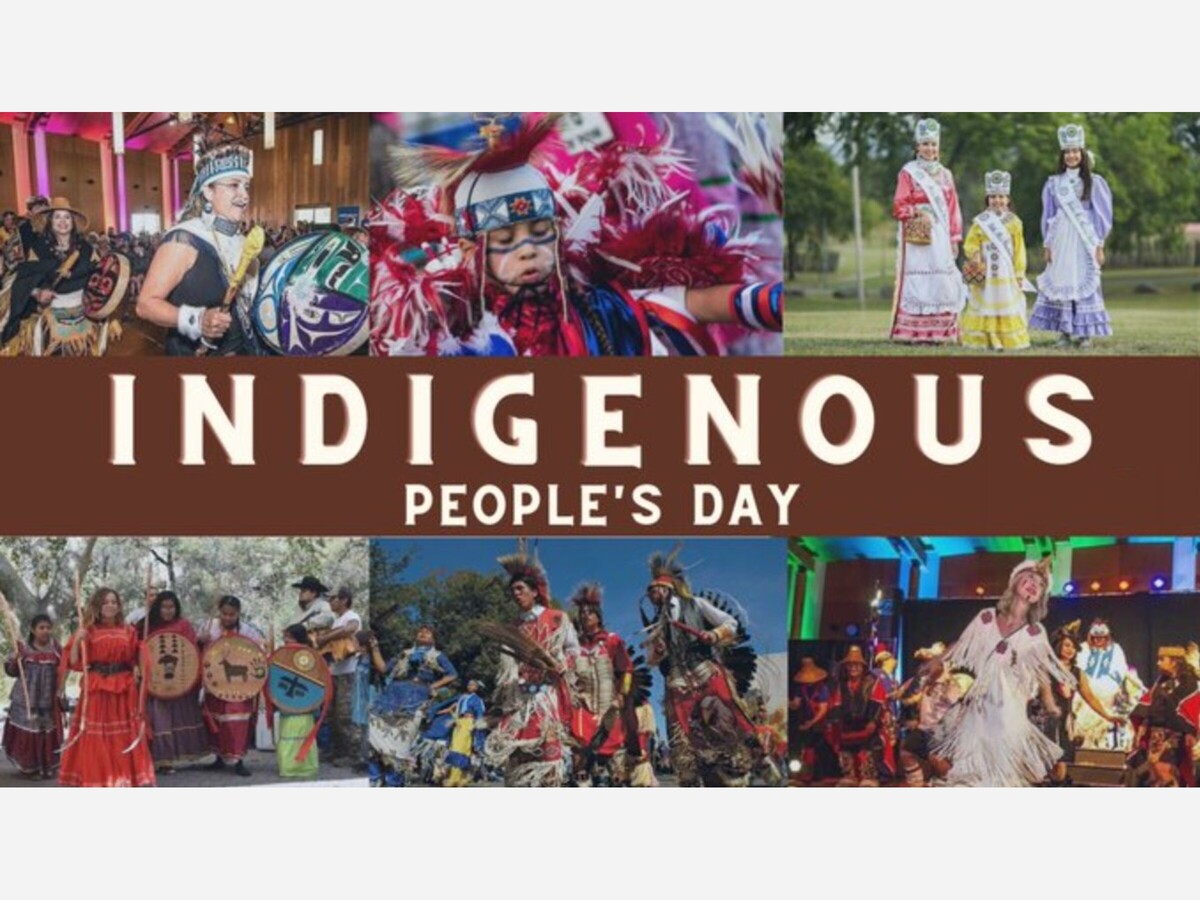Image


October 13, 2025
Today, as the nation observes Indigenous Peoples’ Day, Americans are called to pause, reflect, and act. This day is not simply a counterpoint to Columbus Day—it is a profound opportunity to confront our collective history, honor the resilience of Native communities, and reaffirm our commitment to justice and unity in a nation too often divided.
For centuries, the Indigenous peoples of this land endured displacement, systemic oppression, and violence of unimaginable scale. From forced removals like the Trail of Tears to the attempted erasure of languages, customs, and governance systems, the atrocities committed against Native communities are a stain on our national conscience. Yet, despite these brutal histories, Indigenous communities not only survived—they thrived, maintaining rich traditions, knowledge systems, and cultural identities that continue to enrich America today.
Observing Indigenous Peoples’ Day is both an act of remembrance and of moral reckoning. It challenges the sanitized narratives often taught in classrooms, calling on us to recognize truths that have long been ignored: the exploitation of land, the theft of lives and resources, and the systemic marginalization that continues to affect Indigenous peoples and other communities of color. It is a day to honor the courage, wisdom, and perseverance of Native Americans, acknowledging their contributions to our society while recognizing the historical wrongs inflicted upon them.
But this day is more than historical reflection. It is a call to action. In a time when America faces political, racial, and social divisions, Indigenous Peoples’ Day reminds us that the work of building an equitable nation is unfinished. Recognition of past injustices is the first step toward meaningful change. Education is another. By learning the true histories of Indigenous communities, we cultivate empathy, challenge prejudice, and deepen our understanding of the complex legacies that shape contemporary society.
As citizens of this nation, our responsibility does not end with awareness. We must engage, advocate, and act to address the systemic inequities that persist. Whether that means supporting tribal sovereignty, equitable funding for Indigenous education and healthcare, or amplifying Native voices in political and cultural discourse, each of us has a role to play in ensuring that past wrongs do not dictate the future. The promise of America—a nation of many races, many voices, and many stories—requires active participation from all of us.
In reflecting on Indigenous Peoples’ Day, we are reminded of the transformative power of acknowledgment. History, when ignored or rewritten, becomes a tool of oppression. History, when faced with courage and honesty, becomes a foundation for justice and reconciliation. This day invites all Americans to confront uncomfortable truths: the massacres, the forced relocations, the cultural erasures that have defined the experiences of Indigenous peoples, as well as the broader patterns of racial injustice that have affected countless other communities. Confronting these truths is not an exercise in guilt—it is an investment in a shared future.
Celebrating Indigenous cultures today also offers a vision of what America can be. Indigenous knowledge systems teach us stewardship of the land, sustainability, and community-oriented governance. Native languages, arts, and rituals enrich our cultural tapestry, offering perspectives that are both ancient and urgently relevant to contemporary challenges. Honoring these contributions is a celebration of resilience, creativity, and wisdom—a testament to the enduring spirit of Indigenous peoples.
At this critical moment in our nation’s history, there is no better time to embrace the lessons of Indigenous Peoples’ Day. With political polarization, social unrest, and widespread inequality, America’s strength lies in its ability to confront difficult truths and unite across difference. Each citizen has a role in this renewal—through education, advocacy, and action. Each citizen can contribute to a society that is more inclusive, equitable, and just.
Indigenous Peoples’ Day is, ultimately, a day of dual purpose: to remember and to act. It asks us to honor those who have suffered, to celebrate those who endure, and to build a future grounded in justice, respect, and empathy. It reminds us that the story of America is not complete without the voices and histories of its first peoples. It challenges us to confront the wrongs of the past while committing ourselves to the work of reconciliation today.
As we mark this day, let us not forget that progress is neither automatic nor inevitable. It demands engagement, courage, and collective will. There is no better time than now to bridge divides, heal wounds, and invest in the shared promise of a nation that truly lives up to its highest ideals. Indigenous Peoples’ Day is more than an observance; it is a call to citizenship, conscience, and community. The responsibility is ours, and the opportunity is now.
Let this day serve as a reminder that the moral arc of history bends toward justice only when we, the people, take the steps to bend it ourselves. For the Indigenous peoples who endured, for the generations who follow, and for the America we aspire to become—let us honor, remember, and act.